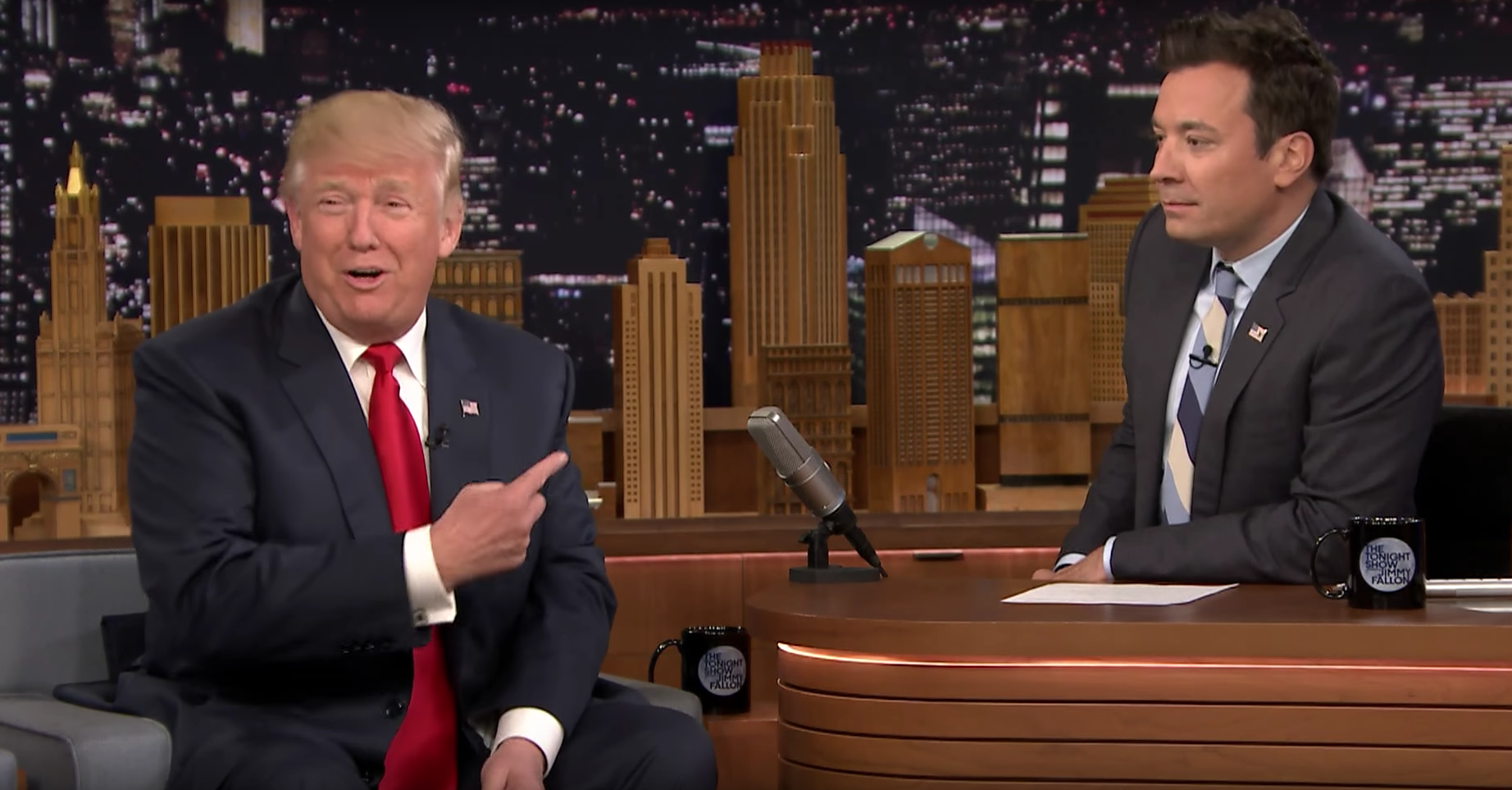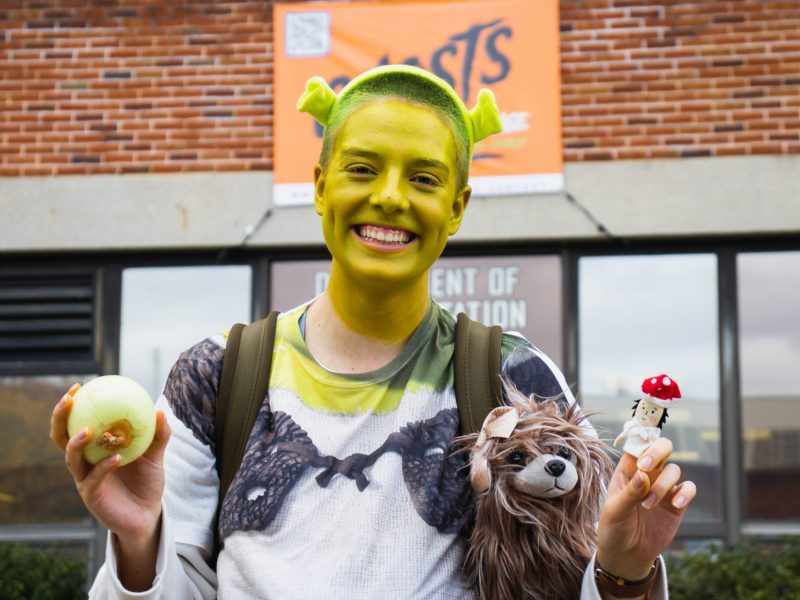Jimmy Fallon took a risk this past September when he had Donald Trump, then-Republican presidential nominee, on his show. The same would not have been said if Marco Rubio, Jeb Bush or John Kasich — other prominent candidates in the Republican presidential primary — had won the nomination. But the nomination and subsequent election of Trump has put late night TV in a difficult position.
The late night host’s position on a major network is traditionally non-partisan, typically mocking both parties for gaffes and mishaps. But Trump’s presidency has created a divide in the nation; few can deny this whether they agree with his politics or not.
Shows that were once an escape from politics are now unable to avoid the politics affecting the viewers. This brand of politics is inherently personal. It is becoming more and more difficult for viewers to enjoy quips about Trump’s plans to defund Planned Parenthood, block travel from specific Muslim-majority countries and build a border wall.
So what can late night hosts do when politics is no longer a laughing matter for so many?
There will always be the crowd that wants politics to stay out of entertainment, celebrities to keep quiet on political issues and athletes to ignore the political environment and just play. Many late night hosts have followed that model, inviting guests from both sides to come on the show and often participate in an interview that is more comedic and promotional than informative. But The Colbert Report, Colbert’s 30-minute show before he took over CBS’s The Late Show, achieved incredible fame for its highly-partisan message. We have seen this partisan media product work elsewhere, so why not in late night?
Many media critics, from Jon Stewart to Eric Burns, have commented that mainstream cable news is biased toward one side. Fox News has been the most-watched cable news network for 15 years now and is widely considered to have a conservative slant, while MSNBC has been successful as a liberal foil to the media titan that is Fox News. On these same mainstream news-producing networks, the hosts have to dance around controversial issues and maintain diplomacy with viewers from all political ideologies.
Why do comedians need to avoid expressing personal politics? Yes, a whitewashed, innocent, facetious show making jokes out of political follies will please all and help us forget the grim truth that we live in a divided country. But comedy is a unifying art form, so it could be used to help us understand the people we disagree with so harshly.
Maybe the blameless version of late night TV can unify both sides in viewership, but it will not mend the growing gap between those who support our current president and those who do not. People love news that caters to their opinion, and while that may seem to be a force that would divide us, it can unify us.
If we can develop a tolerance for those who disagree with us by watching late night TV that occasionally reflects opinions that differ from our own, why can’t we discuss our differences face to face?
While Trump has put the current model of late night TV shows under significant pressure, what if he, as president, someone who should be a symbol of unity, conflicts with the public majority opinion? Should late night hosts continue to toe the line, upsetting both supporters and critics of our president, or can they venture into the realm of partisanship to focus on their own opinions?
While the answer isn’t necessarily obvious, it is a question that needs to be answered. And if the model of partisan news has worked for major networks, why not at least try it out?



